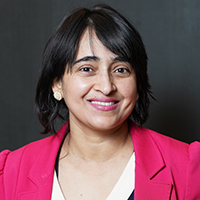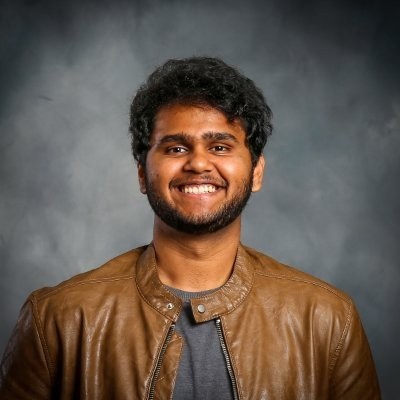Conventional vs Serverless Computing: Do We Really Need Servers?
| Event Date: | October 18, 2023 |
|---|---|
| Time: | 8:30 pm |
| Location: | Winifred Parker Room 159, 1196 Third Street, West Lafayette |
| Priority: | No |
| College Calendar: | Show |
More information: https://schaterji.io/events/parkerbytes.html
Topic: Traditionally, when a user runs an application, they do so on their own personal server. However, this comes with the overhead of having to maintain these servers (right from electricity, cooling etc.). The advent of cloud computing relieved users of this physical infrastructure management, and these days users can rent VMs even from their smartphones. This however left users with a proliferation of virtual resources to manage instead (like scaling, sizing etc.). To combat this, we have serverless computing where the user just writes a cloud function in a given programming language, picks an event that should trigger the running of the function and lets the serverless system handle everything else. One type of workload that has recently been adapted to serverless systems are data analytics workloads like Video Analytics or MapReduce through a Directed Acyclic Graph of functions. While these graphs make great use of the classic serverless benefits like granular billing and ease of deployment, there are a new set of challenges. How does data pass from one function to another? How long does a function take before it runs my code? We've explored the answers to such questions with systems like SONIC, Asgard, WiseFuse and Orion. Through these we've improved upon the current state of practice of serverless computing so that workloads are run optimally.


Discussion Guest: Karthick Shankar currently works as a software developer for the Lightning Web Platform team at Salesforce. He focuses on a client-side data caching layer that manages the whole cycle of data fetching from the network and update propagation to any relevant subscribers. While earning his B.S. in Computer Engineering at Purdue, he worked primarily in the serverless engineering space, namely optimizing various workflows that used Directed Acyclic Graphs. He then joined Carnegie Mellon University to earn a master’s in Computer Science where he focused on video streaming from cloud systems and how local networks can optimize for fairness between different providers.
Hosted by Innovatory for Cells and Neural Machines (ICAN), sponsored by Purdue University Residences (with special mention to Winifred Parker Hall).
